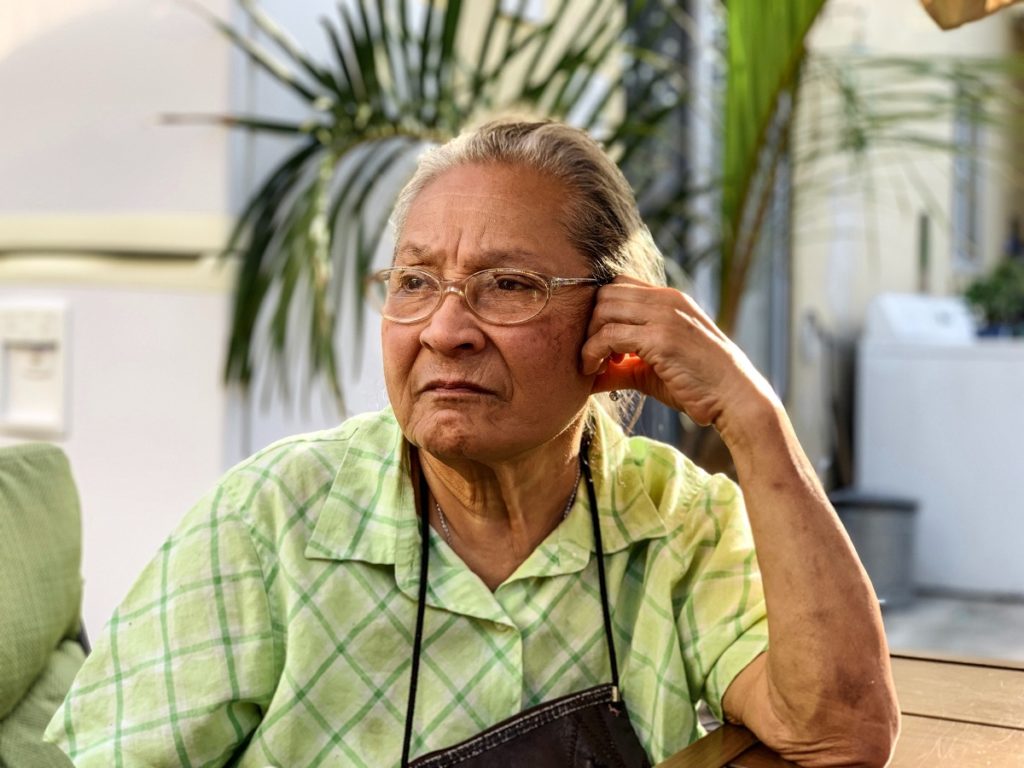The Coronavirus pandemic has disrupted everyone’s lives, but the senior community is hit significantly harder than other age groups. Older adults are more vulnerable to the virus, especially those with pre-existing health conditions and compromised immune system.
As such, they need to be more diligent with social and physical distancing than the rest of the population. They also require more complicated care measures to reduce the risk of infection and manage the symptoms of their existing health conditions.
Whether your loved one is in an assisted living facility or live-in elderly home care, the following measures will help them stay safe and comfortable during the community quarantine.
-
Minimizing infection risk
This step means postponing non-essential and non-urgent trips to the doctor or dentist. Although it can be difficult, it’s wiser to turn visitors away, even family and close friends. You don’t know who they may have encountered on their way to visit you, so it’s best to not accept guests for the meantime. Also, visitors might introduce flu or common cold into the senior’s household, making them more susceptible to coronavirus.
If the loved one lives in a nursing home, you may get the urge to move them back home to keep watch over them. Don’t do it. The move will expose them to increased risks of infection. Plus, it can be difficult for you to adjust and attend to the older adult’s needs if they are placed under your care.
Instead, find out what measures the nursing facility has for reducing the transmission of infection. What are their cleaning and disinfecting procedures? What’s their plan for when a staff member shows symptoms of the virus? This information will give you peace of mind and ensure that your loved one remains safe.
-
Social distancing, not social isolation
Older adults needs healthy social interaction to maintain their well-being and mental health. This is challenging to observe now with quarantine measures in place. But social distancing doesn’t have to mean social isolation.
Since they can’t accept visitors, seniors can bond with their friends and family using video chat tools instead. Their live-in caregiver can help them operate their smartphones or tablets and set up the conference call, allowing them to catch up with their loved ones. Turn on the captions for seniors with hearing problems.
Some retirement homes have launched pen pal programs wherein they let the public send cards and letters to the residents. The colorful postcards brighten up the older adults’ day, helping them maintain a positive disposition.
-
Maintaining physical activity

It’s easy to confine older adults to their rooms, spending all day in front of the TV. However, this sedentary lifestyle can impact their physical and mental health. Physical activity can strengthen the immune system of older adults, helping them combat the virus.
Some assisted living facilities have their scheduled exercises in the mornings, keeping your loved one physically active. But for older adults living at home, engage them in light exercises for a few minutes each day to promote blood circulation and encourage their bodies to clear mucus from their airways.
Create contingency plans for possible emergencies to help you prepare for worst-case scenarios. Arm yourself with information and stay updated with national and state news, so you know how to properly protect your loved one during the pandemic.

